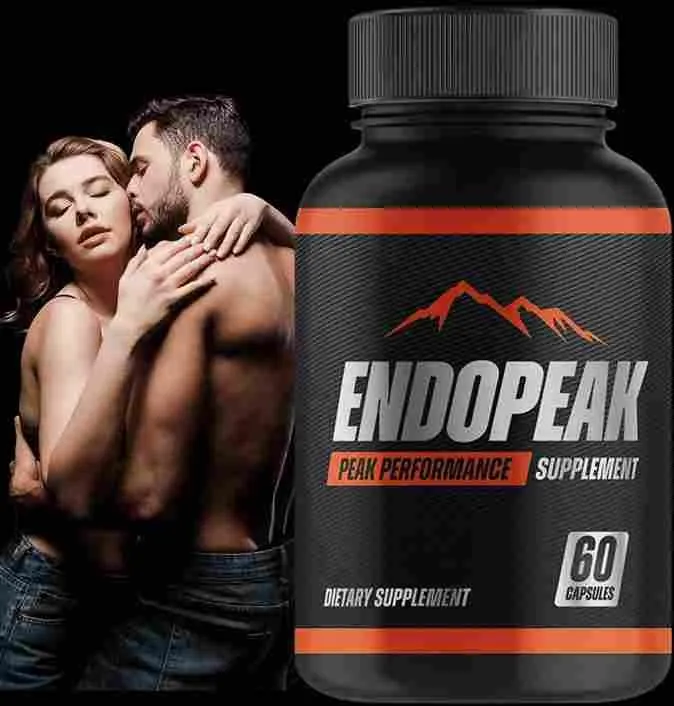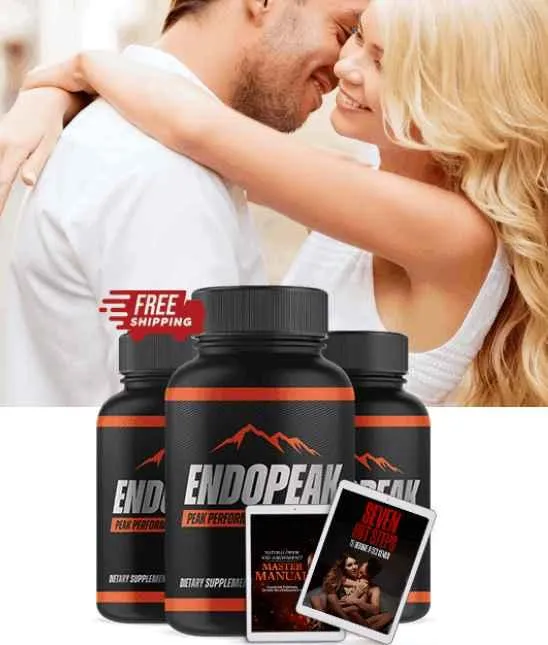Herbal Remedies for Cholesterol Control: A Comprehensive Review of Efficacy and Safety
$294.00
Discover the Power of Herbal Supplements for Cholesterol Management: Natural Remedies to Maintain Heart Health.
Description
Herbal Supplements for Cholesterol Management: A Comprehensive Review
Cholesterol is a waxy substance found in all your body’s cells. Your body needs cholesterol to make hormones, vitamin D, and other substances that help you stay healthy. However, high levels of cholesterol can increase your risk of heart disease.
Medications can be effective in lowering cholesterol levels, but they can also cause side effects. Herbal supplements offer a natural way to lower cholesterol levels without the side effects.
How Do Herbal Supplements Help Lower Cholesterol?
Herbal supplements can help lower cholesterol levels in several ways. They may:
- Block the absorption of cholesterol from the intestines
- Increase the excretion of cholesterol from the body
- Reduce the production of cholesterol in the liver
Which Herbal Supplements Are Effective for Cholesterol Management?
Several herbal supplements have been shown to be effective in lowering cholesterol levels. These include:
- Plant sterols and stanols: These compounds are found in plants and are similar to cholesterol. They block the absorption of cholesterol from the intestines.
- Red yeast rice: This fermented rice product contains a compound called monacolin K, which is similar to the cholesterol-lowering medication lovastatin.
- Guggul: This resin from the guggul tree has been shown to lower cholesterol levels in both humans and animals.
- Policosanol: This compound is found in sugarcane wax and has been shown to lower cholesterol levels in humans.
- Berberine: This compound is found in several plants and has been shown to lower cholesterol levels in both humans and animals.
Are Herbal Supplements Safe for Everyone?
Herbal supplements are generally safe for most people. However, some people may experience side effects, such as stomach upset, nausea, and diarrhea. It is important to talk to your doctor before taking any herbal supplements, especially if you are pregnant, nursing, or have any health conditions.
How to Choose a Herbal Supplement for Cholesterol Management
When choosing a herbal supplement for cholesterol management, it is important to look for a product that has been standardized. This means that the product contains a consistent amount of the active ingredient. You should also look for products that have been tested for safety and efficacy.
Conclusion
Herbal supplements can be a safe and effective way to lower cholesterol levels. However, it is important to talk to your doctor before taking any herbal supplements, especially if you are pregnant, nursing, or have any health conditions.
Plant Sterols and Stanols for Cholesterol Management
Plant sterols and stanols are compounds that are found in plants. They are similar to cholesterol, but they are not absorbed by the body. When you eat plant sterols and stanols, they block the absorption of cholesterol from the intestines.
Plant sterols and stanols have been shown to be effective in lowering cholesterol levels in both humans and animals. In a study published in the journal JAMA, people who took 2 grams of plant sterols and stanols per day for 6 weeks lowered their LDL (bad) cholesterol by 10% and their total cholesterol by 5%.
Plant sterols and stanols are available in a variety of foods, including margarine, yogurt, and orange juice. They are also available as supplements.
Benefits of Plant Sterols and Stanols
- Lower LDL (bad) cholesterol
- Lower total cholesterol
- Improve the ratio of LDL to HDL (good) cholesterol
- Reduce the risk of heart disease
Side Effects of Plant Sterols and Stanols
Plant sterols and stanols are generally safe for most people. However, some people may experience side effects, such as:
- Stomach upset
- Nausea
- Diarrhea
How to Use Plant Sterols and Stanols
Plant sterols and stanols are available in a variety of foods and supplements. To get the most benefit from them, you should consume 2 grams per day. You can do this by eating fortified foods or taking supplements.
Red Yeast Rice for Cholesterol Management
Red yeast rice is a fermented rice product that contains a compound called monacolin K. Monacolin K is similar to the cholesterol-lowering medication lovastatin. Red yeast rice has been shown to be effective in lowering cholesterol levels in both humans and animals.
In a study published in the journal The Lancet, people who took 10 mg of red yeast rice per day for 12 weeks lowered their LDL (bad) cholesterol by 25% and their total cholesterol by 17%.
Red yeast rice is available as a supplement. It is important to talk to your doctor before taking red yeast rice, especially if you are pregnant, nursing, or have any health conditions.
Benefits of Red Yeast Rice
- Lower LDL (bad) cholesterol
- Lower total cholesterol
- Improve the ratio of LDL to HDL (good) cholesterol
- Reduce the risk of heart disease
Side Effects of Red Yeast Rice
Red yeast rice can cause side effects, such as:
- Muscle pain
- Nausea
- Diarrhea
- Headache
How to Use Red Yeast Rice
Red yeast rice is available as a supplement. The recommended dosage is 10 mg per day. It is important to talk to your doctor before taking red yeast rice, especially if you are pregnant, nursing, or have any health conditions.





